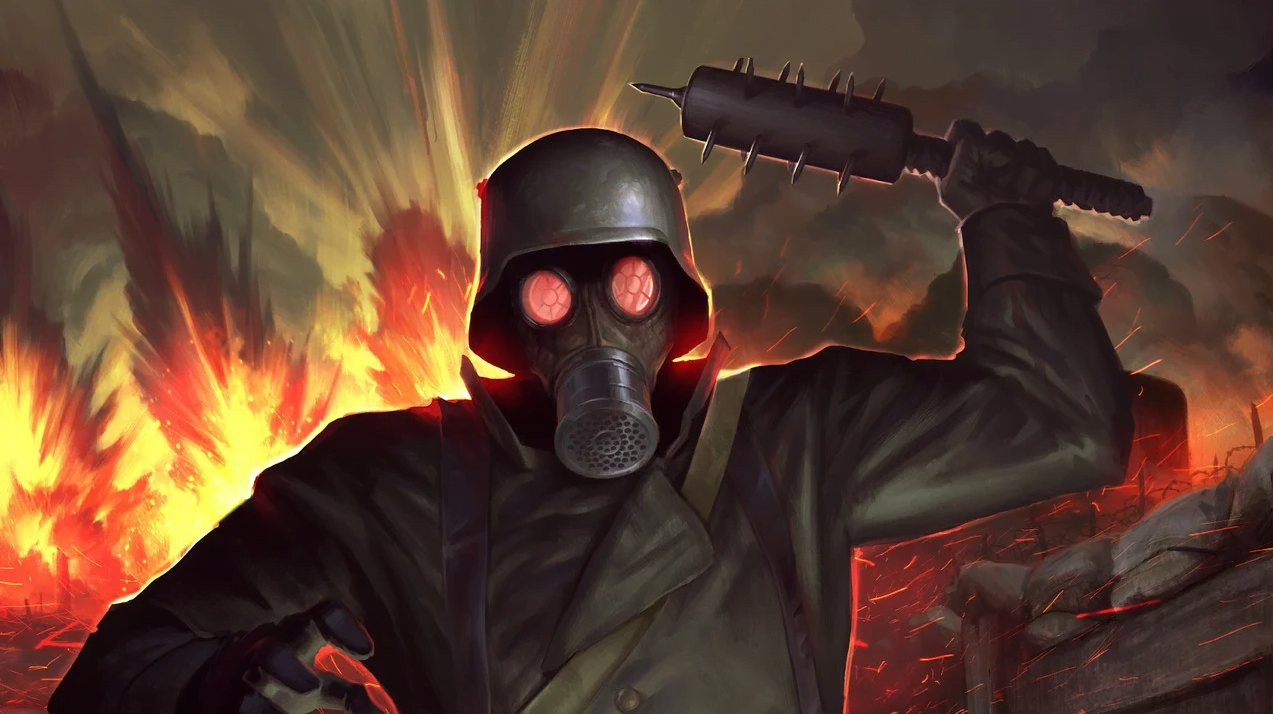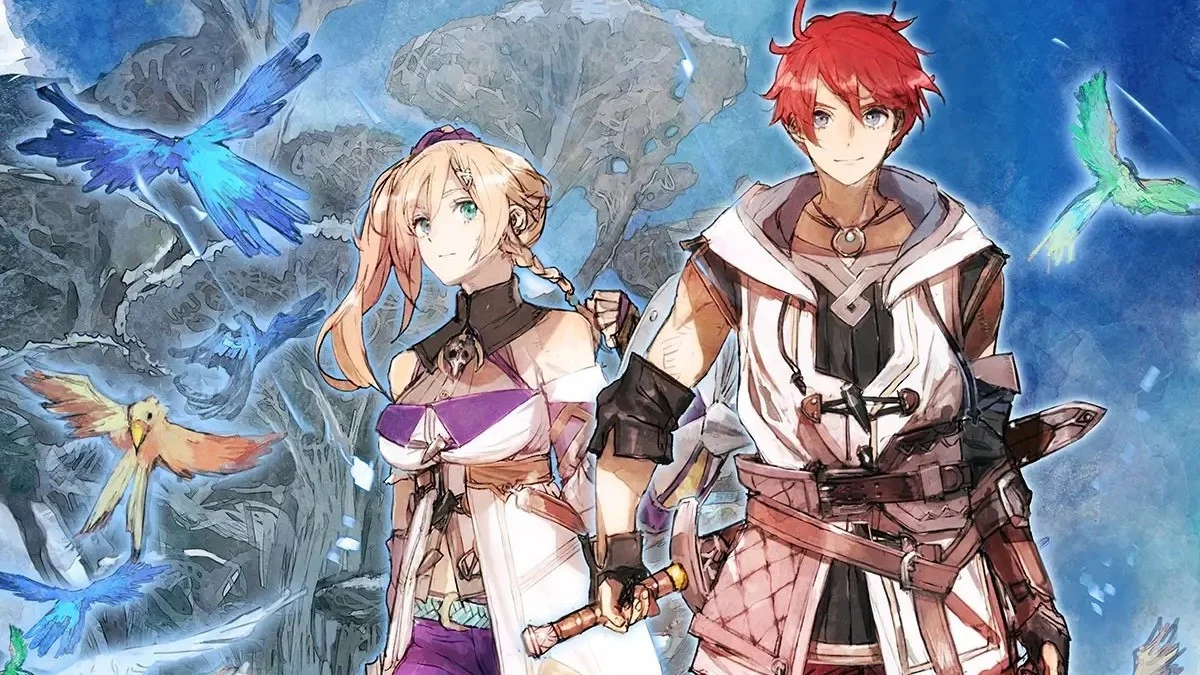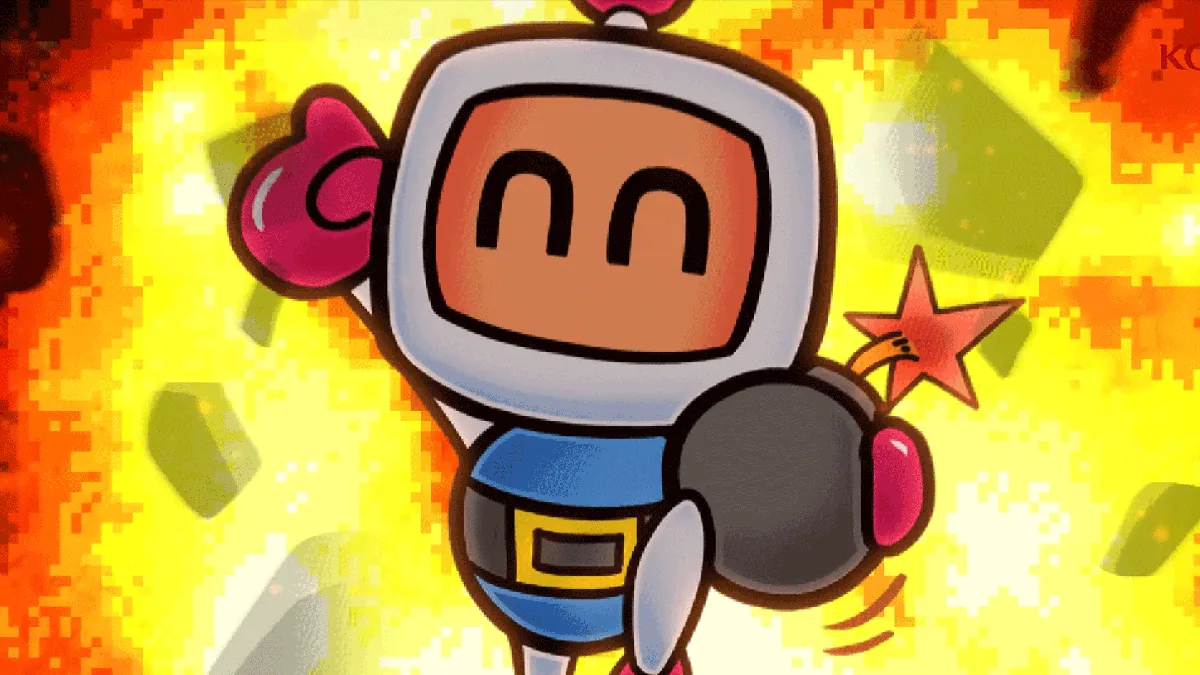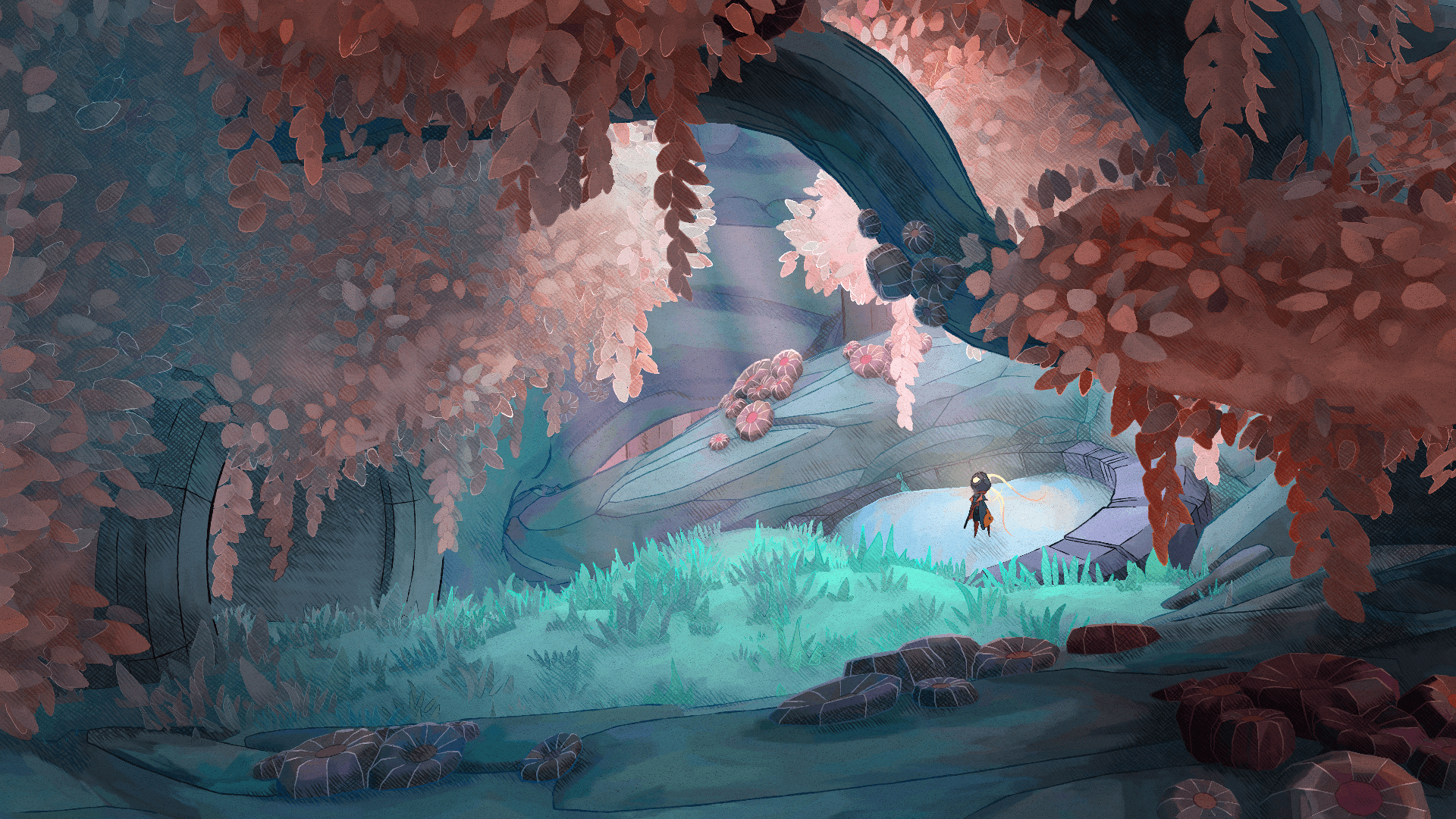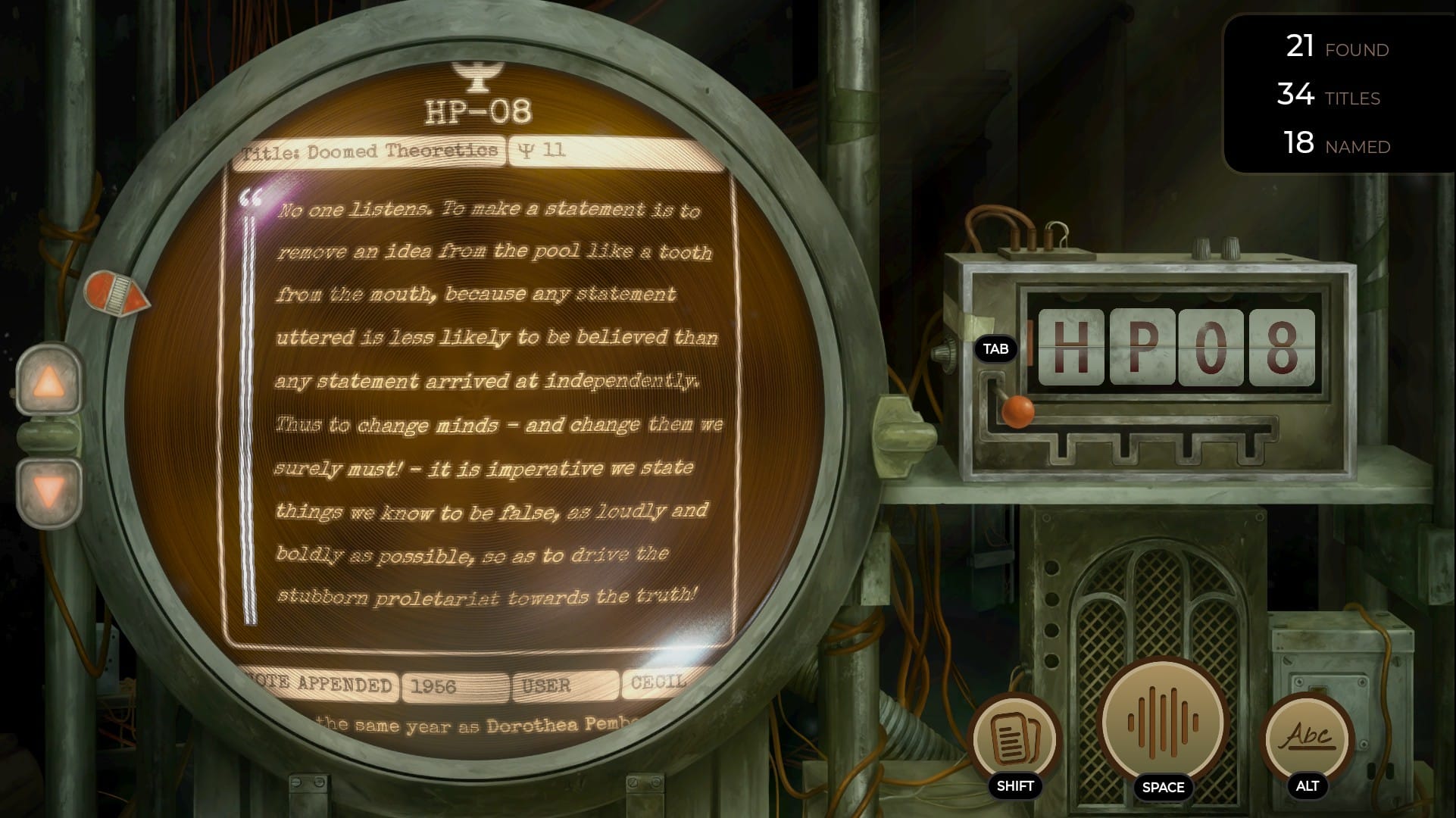Survival horror games commonly revolve around an otherworldly intrusion into otherwise grounded settings. In genre stalwarts like Silent Hill and Resident Evil, this collapse of order and normality helps the games to strike at us where we live, for an unsettling effect. Conscript takes a different approach. This is a survival horror game based fully on a real horror from our own history – the grotesque savagery and tragic waste of World War I.
This is of course a setting that has been used before, notably in last year’s Amnesia: The Bunker. Crucially, there is no supernatural or science fiction element in Conscript. Its horrors are human, tangible, and – up to a point – plausible. While solo developer Jordan Mochi has lifted many familiar elements from other games in the genre, this grounded approach helps to make Conscript well worth a look for fans of survival horror. It is much less likely, though, to recruit newcomers to the cause.
It is 1916, and the Battle of Verdun rages in northeastern France. The player takes on the role of a French soldier, typically operating alone. The battle is going badly, and the vast system of trenches, bunkers, and support facilities is increasingly exposed to German troops. The player’s nominal aim is to locate his brother, but Conscript frequently imposes violent detours which greatly extend and complicate that mission.
The most striking element of Conscript, at least at first, is its aesthetic. The top-down, pixel art look is impressively intricate and yet appropriately murky. Mochi has pulled no punches in his visual recreation of the mud- and blood-soaked locales of Verdun. Trenches are strewn with twitching corpses, clumps of dead trees stand balefully in muddy fields, and support tunnels are cloaked in inky darkness. This is a supremely bleak game, mitigated only by occasional playable flashbacks to the halcyon days before the war.

Conscript is every bit as brutal in gameplay terms, and in a way which strongly recalls various entries in the Resident Evil series. German troops – who shamble around in a strikingly zombie-like way – are a deadly threat on all but the lowest difficulties. Weapons are prone to degradation, and ammunition for firearms can become desperately scarce. Medical kits, too, are at a premium and the player’s carrying capacity is highly limited.
In these and other ways, Conscript plays very much like a highly traditional survival horror experience. Resource management is critical, as is building a deep understanding of the level designs, which are large and complex. Save opportunities are rationed, chiefly through the need to obtain an ink ribbon for each new save. Upgrades for weapons can be acquired, but this means scavenging thoroughly for cigarettes which are the favoured currency for quartermasters who have hidden away in safe locations.
Mochi has, to put it another way, taken calculated steps to tickle all the right parts of the seasoned survival horror fan’s brain. Established veterans of the genre, especially of the old school variety, can expect a lot of satisfaction from all the backtracking, note-taking, puzzle-solving, and intentionally clunky combat on which Conscript is based. It should be noted also that Conscript is less about scares, and more about that pervasive sense of hopelessness and dread.

While the game preaches capably to the converted, Conscript is emphatically for those with a mind for its style. Some will undoubtedly find the extremely depressing tone to be a major turn-off. Decaying bodies are piled up in bloodied rooms; an enemy soldier beaten down with a shovel will sometimes whimper pitifully for mercy; and every part of the aesthetic is almost unrelentingly grim. Others will bounce off the traditionalist survival horror gameplay, which hinges on sometimes infuriating navigational issues and laborious backtracking that will test the patience of all but the genre hardcore.
The rather arduous combat is also geared towards enthusiasts of the genre. Weapons are inaccurate, slow, and never as effective as one would like. Combat, and the game’s difficulty in general, can be gruelling. Mochi has implemented a broad suite of difficulty settings, but resorting to the lower ones severely undercuts the essence of what the game is meant to be.
For those survival horror fans who can lean into the lo-fi, top-down aesthetic, Conscript will be an engaging fusion of familiar elements with an under-used setting. Its sometimes frustrating traditionalism and abyssal bleakness is unlikely to win over new recruits.

